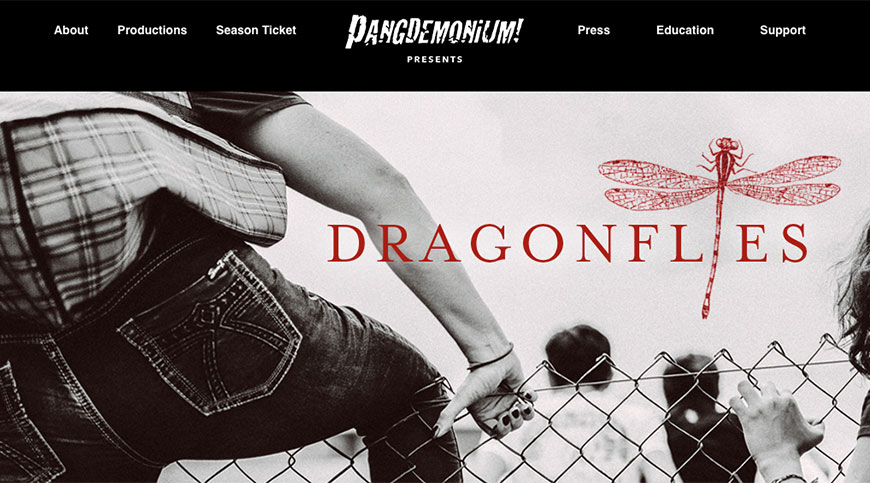Throughout the play, one crucial point that I was repeatedly reminded of – was that we all share in the human condition; we all are involved in the same fragility that human life brings. We pride on our varying distinctions, we strive for advances and opportunities, and even bear superiority towards those we consider ‘other’. As we left the theatre, I kept asking myself: “How can we see that we are one human race, and that our similarities are far more than our differences?”
I appreciate how so many themes and issues were introduced in a play that is warmhearted yet deep: the struggles of migration and immigration, the challenges of living in a foreign place, and the quiet yet devastating effects of climate change. But as mentioned, one learning that struck out to me was how fragile we all are as human beings, whether it be to conflicts, discrimination, or the repercussions of our damage to the earth.
I am reminded of the scenes where characters sought comfort in material well-beings and certainty: such as the imminent sale of the house, the security a new well-paying job offers, or even struggling to get the air-conditioning working. As disaster loomed, it made me realise how these comforts we seek are much smaller than the impacts we generate: how natural disasters can damage even the safest buildings, how careers are never permanent, and how seeking physical comforts can contribute to global warming.
I do believe that our future generations will definitely bear some, if not all of the consequences of how our actions and inactions are scorching the earth. It may be quite soon that Singapore will experience climate changes that we never expected, and witness how climate change can induce displacement in our very own backyard. How would we react or respond if our neighbours from neighbouring islands seek refuge? Or as probable, how would we respond if we had to seek refuge from waters drowning our home?
The only answer or solution I might have, is that we do not wait for disasters and threats to force us to recognise our human fragility and hence find consensus with others; we should start recognising our similarities, and finding solidarity in times of harmony and peace. As I inferred from the play – we can only strive towards hope if we tightly hold on to our ideals, and work together towards a better world.
I vividly remember Abdul Hakeem, a Libyan friend of mine I was teaching English to when I volunteered in a refugee camp in Hungary. His catchphrase during lessons every day would be putting his two thumbs up, and then going “this word Arabic, this word English, same same. All same same!” Whenever I see differences between nations, between communities, and between people I meet, this cheery memory occasionally comes to mind: aren’t all of us same same?
by Christopher Toh
For synopsis on Pangdemonium’s Dragonflies: http://pangdemonium.com/productions/dragonflies

